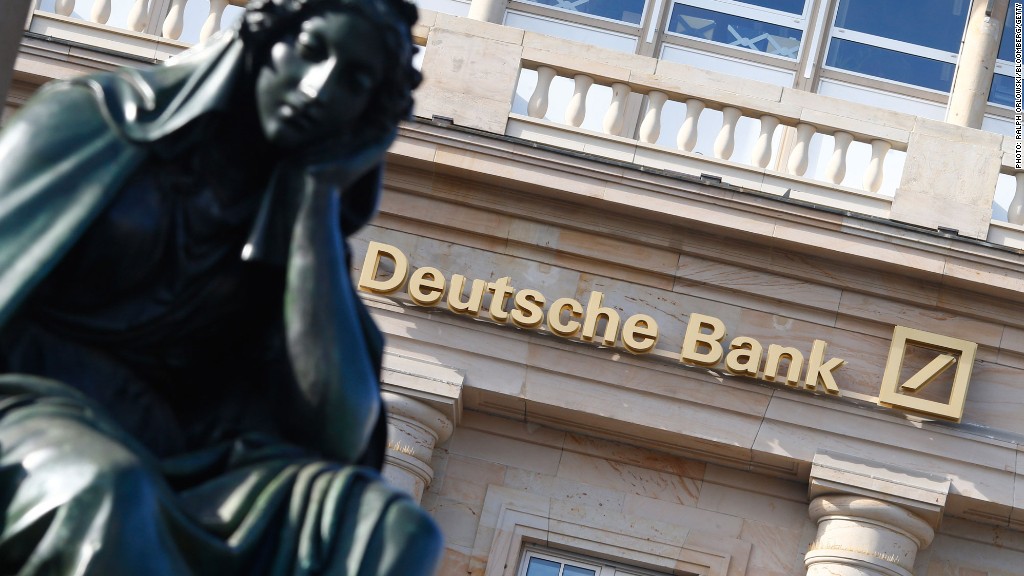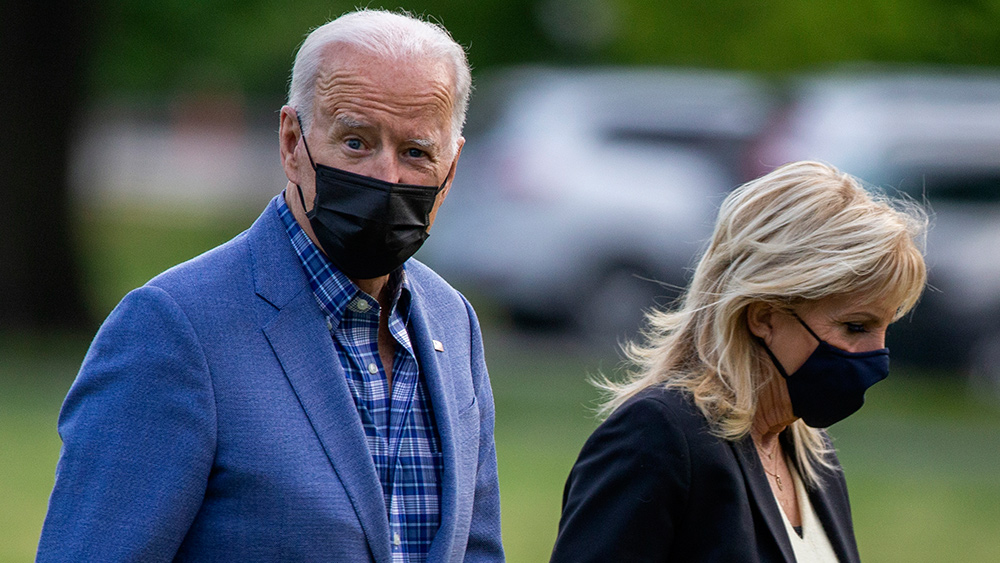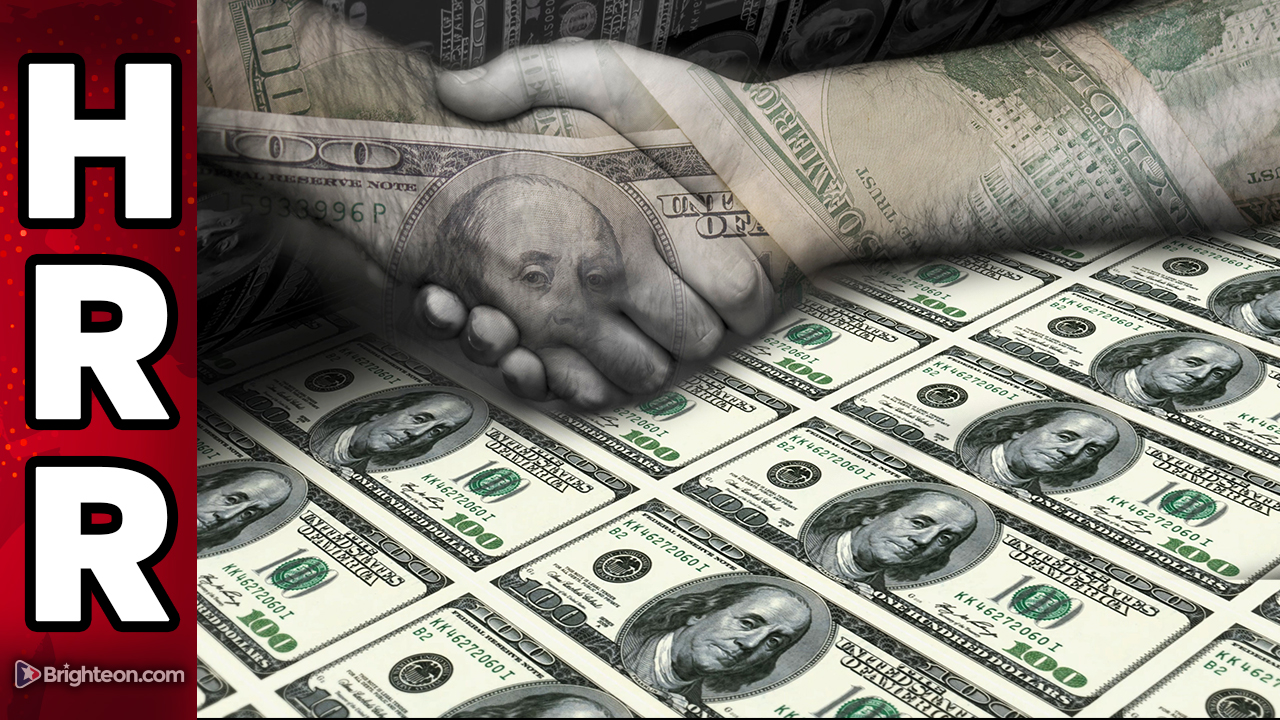
It is possible to be a capitalist and still be offended when you see someone — or some company — that is extremely well-off financially behave as though there isn’t enough money in the world to ever satisfy them.
The Justice Department announced this week that it has entered into an agreement with JPMorgan Chase to settle criminal charges “related to two distinct schemes to defraud,” according to a department press release.
The first, the department says, involves “tens of thousands of episodes of unlawful trading in the markets for precious metals futures contracts,” while the second involves “thousands of episodes of unlawful trading in the markets for U.S. Treasury futures contracts and in the secondary (cash) market for U.S. Treasury notes and bonds.”
In other words, it sure looks like this already massive financial company wanted to become massive on a galactic scale by capturing the market on gold and other precious metals, as well as paper assets — meaning, of course, that this one company could have, theoretically, amassed enough wealth and power to control money, period.
That’s scary and, as it turns out, expensive: The settlement payment is nearly a billion dollars.
JPMorgan entered into a deferred prosecution agreement (DPA) in connection with a criminal information filed today in the District of Connecticut charging the company with two counts of wire fraud.
Under the terms of the DPA, JPMorgan will pay over $920 million in a criminal monetary penalty, criminal disgorgement, and victim compensation, with the criminal monetary penalty credited against payments made to the Commodity Futures Trading Commission (CFTC) under a separate agreement with the CFTC being announced today and with part of the criminal disgorgement credited against payments made to the Securities Exchange Commission (SEC) under a separate agreement with the SEC being announced today.
And by the way, this scheme to defraud didn’t just happen; it’s been in the works for a while, according to Justice Department officials.
“For nearly a decade, a significant number of JP Morgan traders and sales personnel openly disregarded U.S. laws that serve to protect against illegal activity in the marketplace,” said Assistant Director in Charge William F. Sweeney Jr. of the FBI’s New York Field Office. “Today's deferred prosecution agreement, in which JP Morgan Chase and Co. agreed to pay nearly one billion dollars in penalties and victim compensation, is a stark reminder to others that allegations of this nature will be aggressively investigated and pursued.”
Other officials chimed in as well.
“For over eight years, traders on JP Morgan’s precious metals and U.S. Treasuries desks engaged in separate schemes to defraud other market participants that involved thousands of instances of unlawful trading meant to enhance profits and avoid losses,” said Acting Assistant Attorney General Brian C. Rabbitt of the Justice Department’s Criminal Division. (Related: JPMorgan exposed: Company found guilty of masterminding 'manipulative schemes’.)
“Today’s resolution — which includes a significant criminal monetary penalty, compensation for victims, and requires JP Morgan to disgorge its unlawful gains — reflects the nature and seriousness of the bank’s offenses and represents a milestone in the department’s ongoing efforts to ensure the integrity of public markets critical to our financial system.”
“JPMorgan engaged in two separate years-long market manipulation schemes,” said U.S. Attorney John Durham of the District of Connecticut, who is also investigating the origins of the Russian collusion hoax.
“Not only will the company pay a substantial financial penalty and return money to victims, but this agreement requires JPMorgan to self-report violations of the federal anti-fraud laws and cooperate in any future criminal investigations,” he added.
According to pleas and documents filed in court, between 2008 and 2016 (the Obama administration!), scores of traders and sales staff at JPMorgan’s precious metals desks in New York, London, and Singapore “engaged in a scheme to defraud in connection with the purchase and sale of gold, silver, platinum, and palladium futures contracts,” the DoJ said.
Here’s how the scheme worked: Traders at the precious metals desks would place orders to buy and sell futures contracts with every intent to cancel orders before they were executed, with the intention of manipulating the markets for profit.
Several staffers with JPMorgan Chase have pleaded guilty and are scheduled for sentencing.
Sources include:
Please contact us for more information.





















